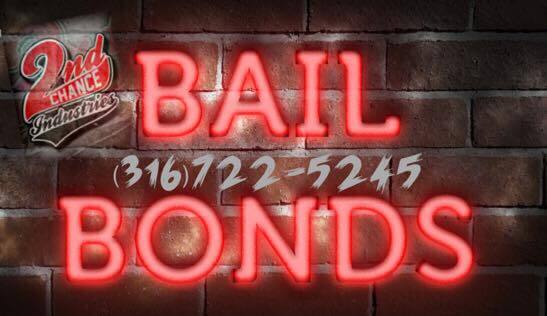Do You Have To Pay Back A Bail Bondsman?
Everyone that goes to jail does not need a bail bonds agent to come and get them out of jail. There are times when the judge sets cash bonds and then there is no bondsman needed in regards to getting out of jail. A cash bonds requires you to pay all the money to the jail upfront. After you pay the full amount of money upfront, you can then get that money back after they have met their court requirements.
A bond is kind of like getting check that you cannot cash until you are allowed to cash it. A professional surety is what they set the bond at when you are required to use a bondsman to get out of jail. A bail bonds company charges 10% of any bond to get out of jail. If a person is in jail on a $10,000 professional surety bond, then $1,000 is going to be due to the bondsman.
The $10,000 is put up by the bail bonds company so the person can get out of jail. There is always a co-signer who is responsible for that money encase the inmate does not show up to court. If the person goes to court after they get out of jail on a bail bond, then there is no more money due to the bondsman outside of the initial $1,000 that was paid.
Now, if the inmate gets out of jail and then refuses to go to court, then the remaining $9,000 is going to have to be paid to the bail bonds company.





